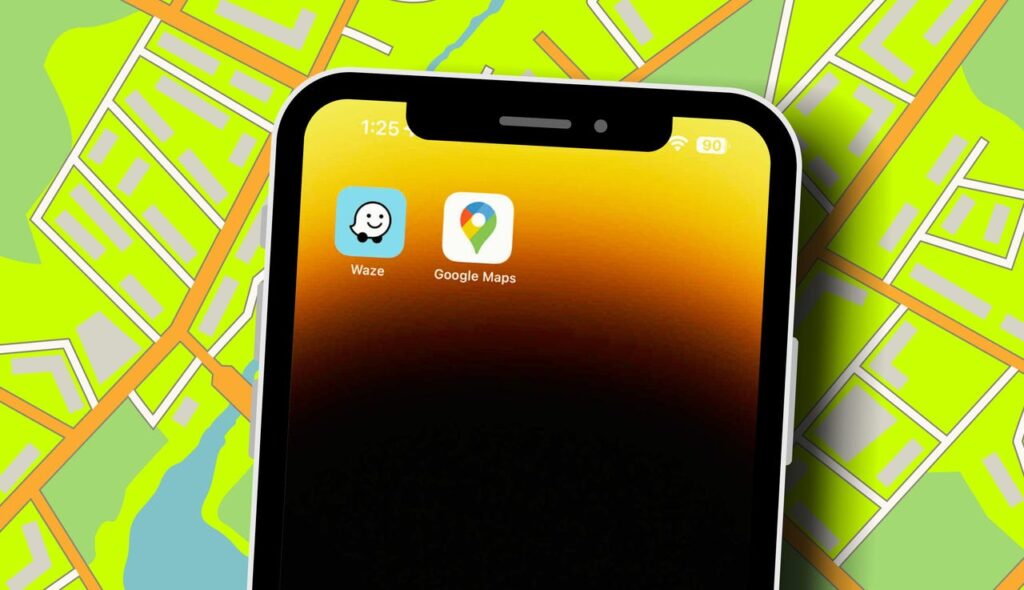
UPDATE: A new feature comparison reveals that Google Maps has overtaken Waze in several key navigation categories, as of July 2023. This development is crucial for users choosing the best navigation app for their travel needs.
In a head-to-head analysis, Google Maps edged out Waze by a score of 5 to 3, highlighting its enhanced features and user-friendly capabilities. The findings come amid a growing reliance on digital navigation tools for both drivers and public transit users.
Why This Matters: As traffic conditions worsen globally, having the right navigation app can save valuable time and improve safety on the roads. This comparison directly affects millions of users seeking the most efficient routes.
Both apps have distinct strengths. Waze is known for its real-time traffic updates and user-submitted reports on road hazards, which can lead to faster rerouting. However, it’s strictly designed for drivers, lacking options for public transportation or walking routes. Google Maps, on the other hand, offers comprehensive travel modes, including biking and public transit, along with detailed business information and offline map capabilities.
Here’s a quick breakdown of the findings:
1. **Real-Time Rerouting**: Waze excels with automatic rerouting based on live traffic conditions, while Google Maps requires user approval for changes.
2. **Public Transit Support**: Google Maps supports walking, biking, and public transit, making it a more versatile option for urban users.
3. **Traffic Reporting**: Waze’s community-driven alerts for traffic jams and police sightings remain unmatched, although Google Maps is catching up with basic reporting features.
4. **Offline Functionality**: Google Maps allows users to download maps for offline use, a critical feature when navigating in remote areas.
5. **User Experience**: Waze offers a vibrant and customizable interface, while Google Maps provides a more traditional layout with extensive features.
The AI voice assistance integration in both apps has been enhanced with Google’s Gemini, allowing users to engage in conversational reporting or request local recommendations. However, Google Maps takes the win here due to its broader application of the technology.
As users increasingly rely on these tools for daily commutes and travel, the choice between Waze and Google Maps will depend on individual needs. If fast, driver-focused navigation is your priority, Waze remains a solid choice. For those requiring more comprehensive travel options and detailed information, Google Maps is clearly the better option.
What’s Next: With ongoing updates and feature enhancements, both apps are likely to continue evolving. Users should stay tuned for future developments as both platforms strive to improve their services.
This comparative analysis provides valuable insights into the capabilities of these navigation giants. As you plan your next trip, consider which application aligns best with your travel preferences. Share your experiences with both apps and let the community know which one you rely on most!






